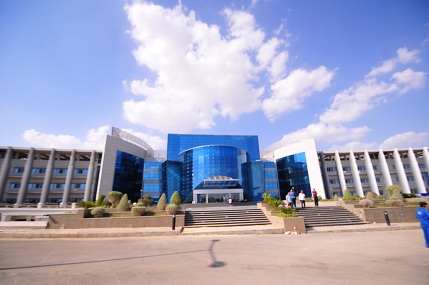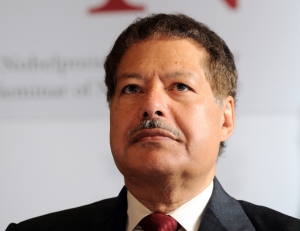ADCB launches ClimaTech Accelerator 2025
Abu Dhabi Commercial Bank (ADCB) has renewed its strategic partnership with the…
CIB, Nile University celebrate first graduating cohort from Sustainable Finance Programme for SMEs
The Commercial International Bank (CIB) and Nile University recently celebrated the graduation…
Habiba Hussein: A Brushstroke of Entrepreneurial Spirit
Habiba Hussein, an Egyptian graduate of architecture from Nile University, is not…
Egyptian team clinches first place at Arab FinTech Challenge for second year running
One of the top qualifiers from the second edition of the “FinTech…
Nile University, GH2 sign agreement to establish international green hydrogen centre
Egypt is set to establish an international green hydrogen centre following an…
Nile University offers two projects through BOT system in October
NU has a land area of 38,600 sqm for residential purposes, and…
Ministry of Planning, Qalaa Holdings, Nile University sign protocol to boost renewable energy production
Egypt aims to increase solar energy share to 16%, wind energy to…
New app fights black market pharmaceuticals
A group of young Egyptian programmers, who call themselves GENU, has developed…
Nile University to take back land
Prime Minister enforced a court decision returning two buildings to the university,…
Ahmed Zewail pledges to continue ‘scientific renaissance’
Nobel Laureate confirms recovery, says “98% of Egyptians” are behind project








